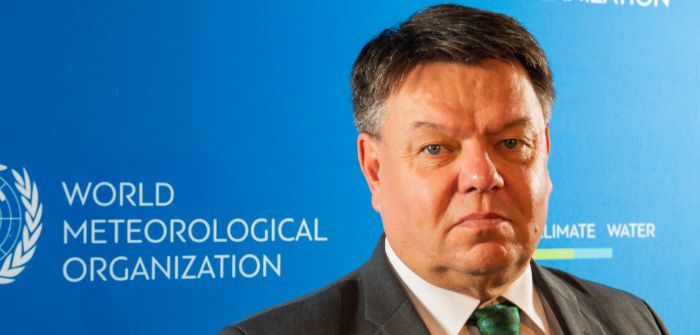The Nordic Development Fund (NDF) has committed €10m (US$11m) to the Systematic Observations Financing Facility (SOFF), a WMO-backed financing mechanism designed to increase the availability of essential weather and climate data.
Karin Isaksson, the managing director of NDF, said, “Having accurate metrics is important for early warning systems to work efficiently. They sharpen decisions both for public and private investors, and most importantly save lives and increase the resilience of the most vulnerable populations.”
According to the WMO, the implementation of the new financing mechanism will ensure that climate action is underpinned by the best available science and data. “We must continue investing in basic observing systems and fill in data gaps, but it’s going to take all UN agencies,” said Prof. Petteri Taalas, WMO secretary general.
Currently, there are large data gaps in climate and weather monitoring from the Least Developed Countries (LDCs) and Small Island Developing States (SIDS), which undermines the basis upon which all climate adaptation investments and decisions are made.
“Vulnerable countries do not have sufficient resources to comply with the internationally agreed requirements for the generation and exchange of basic weather and climate data,” said Ulisses Correia e Silva, the Prime Minister of Cabo Verde. “Many SIDS like us, despite being small countries, have large geographic responsibility in terms of data gathering and yet our resources are very limited.”
Investments made in observing systems over the last three decades have generally not resulted in a significant and sustained increase in observational data exchange and the situation continues to deteriorate.
SOFF responds to the need to develop a global approach and innovative financing model to address this problem. Its features include using sustained international data exchange as a measure of success of investments; providing long-term result-based finance for sustained data sharing; enhancing technical competency through peer-to-peer advisory services, harnessing the expertise of advanced national meteorological services; and leveraging partners’ knowledge and resources.
According to a 2021 study from the World Bank, WMO and the UK Met Office, investments in weather and climate observations are essential to fully realize the US$162bn of estimated minimum annual socio-economic benefits of weather and climate prediction.
Inger Andersen, the UN environment program executive director, said, “The creation of SOFF is a critical milestone to deliver tangible benefits in terms of lives saved, improved disaster management, livelihoods, biodiversity, food security, water supply and economic growth.”



